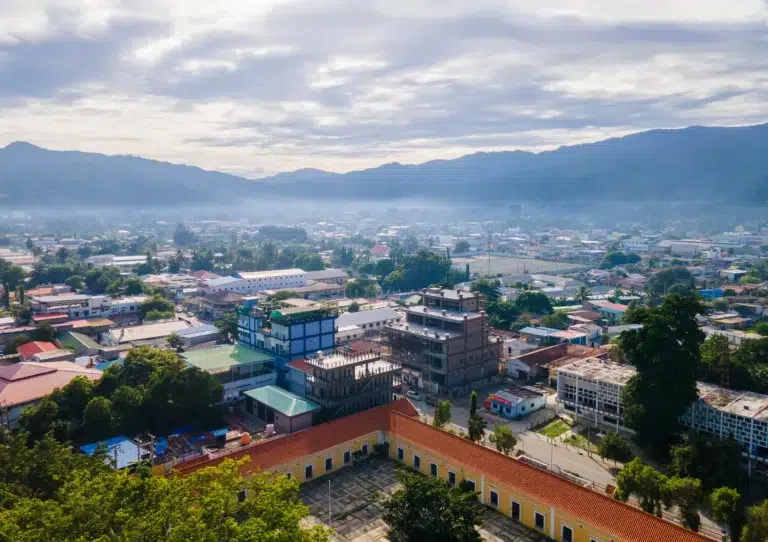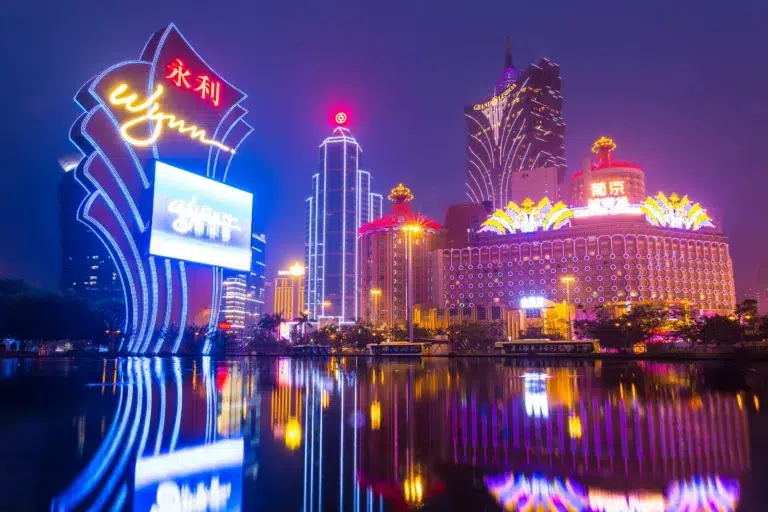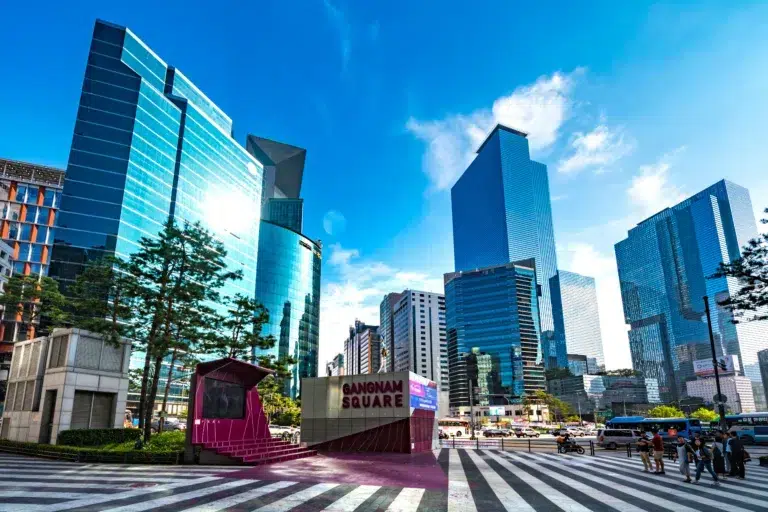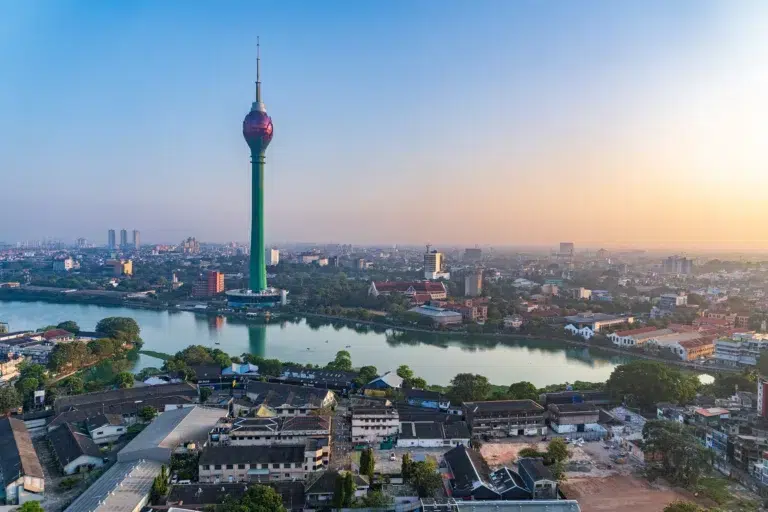How Vietnam’s real estate visionaries are leading the 2025 market shift
Strategic planning, sustainability, and strong local partnerships are key to thriving in Vietnam’s fast-moving property landscape
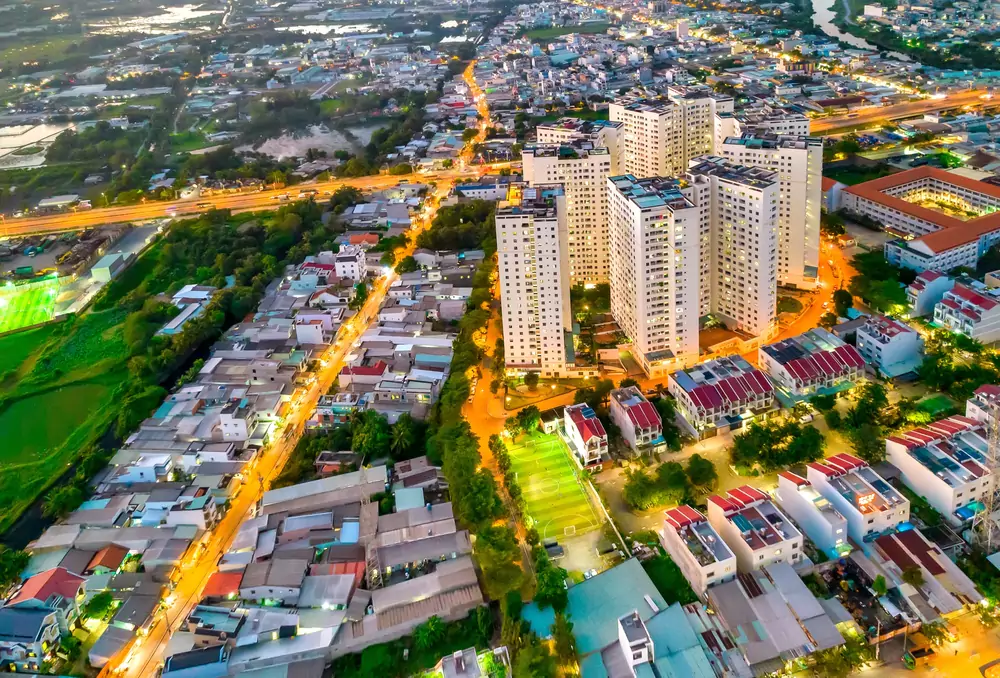
Vietnam’s real estate sector is entering a new phase of growth, marked by regulatory clarity, infrastructure expansion, and rapid urbanisation. After several years of market adjustments, developers and investors are feeling renewed optimism in 2025. The country’s economic fundamentals remain strong, and its real estate potential is drawing attention across the region.
According to VietnamPlus, the Vietnamese government has continued efforts to facilitate foreign nationals’ entry and long-term residence, a move that signals greater openness and accessibility for international property investors. This step is expected to further support foreign direct investment (FDI) in property, especially in urban and emerging markets where housing demand is accelerating.
“As Vietnam’s real estate market enters an exciting new growth phase, several key factors will play a vital role in keeping the momentum going,” said Chau Ta, Executive Director – Legal Transactions at SC Capital Partners Pte Ltd and a member of the PropertyGuru Vietnam Property Awards judging panel.
“It is essential to have a stable and transparent regulatory framework. Developers and investors need to stay updated on any changes in laws and policies, especially those related to land use, foreign investment, and property ownership,” she added.
Urbanisation and infrastructure fuelling demand
With continued urbanisation and population growth, especially in key cities like Ho Chi Minh City, Hanoi, and Da Nang, demand for both residential and commercial spaces is rising sharply. As Vietnam News reported, experts are forecasting a flourishing housing market in 2025, with affordable housing, township developments, and mixed-use projects set to take the spotlight.
Infrastructure development is also playing a major role. The Investor reports that ongoing investment in transport networks, industrial zones, and public utilities is making suburban and satellite areas increasingly attractive for large-scale developments.
“Ongoing investment in infrastructure—like transportation and utilities—will boost property values and improve accessibility,” said Chau Ta. “Developers should pay attention to areas where infrastructure improvements are planned, as these locations are likely to see increased demand.”
These improvements are not just raising land values, but also reshaping consumer behaviour—families and professionals are increasingly seeking master-planned communities that offer better connectivity, green spaces, and access to daily conveniences.
New projects and a push for sustainability
As reported by The Investor, many Vietnamese property developers are ready to launch new projects this year, confident that the market is stabilising and entering a new growth cycle. With consumer sentiment rebounding and financing options improving, developers are being encouraged to innovate with sustainable, tech-integrated, and lifestyle-focused designs.
“With rapid urbanisation, there is a growing need for housing and commercial spaces,” said Chau. “Developers should focus on urban areas where populations are expanding and demographics are shifting, as these are prime spots for new projects.”
She also noted the increasing importance of environmental and social governance (ESG) standards, adding: “In addition to these factors, embracing sustainability practices, integrating technology, and conducting thorough market research to understand consumer preferences are also crucial.”
These strategies are already being recognised at the regional level, where Vietnam’s developers have continued to shine. At the 19th PropertyGuru Asia Property Awards Grand Final 2024, leading Vietnamese companies earned top honours for their commitment to thoughtful masterplanning, community building, and high-quality waterfront living.
- Best Community Developer (Asia): Phu Long Real Estates Corporation
- Best Waterfront Condo Development (Asia): Eaton Park by Gamuda Land
- Best Township Masterplan Design (Asia): Ecovillage Saigon River by Ecopark
- Best Condo Landscape Design (Asia): Eaton Park by Gamuda Land
These awards reflect Vietnam’s ability to compete across Asia’s most dynamic property markets, underscoring how design excellence and sustainable growth strategies are becoming cornerstones of long-term success.
Relationships still matter in Vietnam’s unique business landscape
While policy and planning are vital, understanding local culture and building strong relationships is equally important. Vietnam remains a relationship-driven market, and success often depends on navigating business customs and maintaining credibility with key stakeholders.
“To truly thrive in Vietnam’s fast-evolving real estate market, developers and investors need to take a proactive stance that emphasises innovation, sustainability, and adaptability to changing market conditions,” Chau advised. “But it is just as important to be mindful of the unique business landscape in Vietnam.”
She added: “Building strong relationships with stakeholders—like government officials, local communities, and potential buyers—requires a good understanding of local customs, cultural nuances, and business practices. This awareness can pave the way for successful collaborations and ultimately lead to long-term success in this vibrant market.”
Looking ahead: How developers can prepare for 2025 and beyond
With all signs pointing to continued growth, what can developers and investors do to seize opportunities in Vietnam’s next real estate cycle? Experts and insiders say it comes down to staying informed, adapting quickly, and building for the long term.
Key takeaways include:
- Track regulatory changes in land use, foreign ownership, and development approvals
- Focus on infrastructure-linked zones where value appreciation is likely
- Design for sustainability and community needs, not just ROI
- Engage with local authorities and communities to build trust and long-term project success
- Align with regional trends by developing integrated, green, and master-planned communities
As VietnamPlus reported, the government’s efforts to streamline administrative processes and make foreign investment easier are also expected to support stable, long-term market growth—particularly in the housing sector.
With a clear focus on regulatory stability, infrastructure expansion, and people-centred development, Vietnam’s real estate sector is well-positioned to thrive beyond 2025. For developers and investors ready to play the long game, the future looks not only bright, but built to last.
This article was originally published on asiarealestatesummit.com. Write to our editors at [email protected].
Recommended
ARES Whitepaper Volume 4: Powering communities – The catalysts of urban evolution
Fresh perspectives on sustainability, lifestyle, and design shaping the future of real estate
ARES White Paper Volume 3: The era of adaptive reinvention
Pioneering sustainable and innovative practices in urban development
ARES White Paper Volume 2: Unravelling the power of data revolution in real estate
Insights on proptech, smart cities, and sustainable development
ARES Digital White Paper Volume 1: The fundamentals of responsible building
Green and climate heroes join forces to discuss how Asia Pacific can weather the current environmental crises and the looming effects of climate change




